Trump's 12-Nation Travel Ban: What It Means for America and the World in 2025
Ankita Rai | Thu, 05 Jun 2025
Former U.S. President Donald Trump has signed a sweeping travel ban targeting 12 countries, including Iran, Pakistan, Venezuela, and North Korea, citing national security and immigration concerns. Critics argue the move echoes his earlier “Muslim Ban” and discriminates against specific regions. Legal challenges, protests, and diplomatic backlash have already begun, with several countries vowing reciprocal action. While Trump defends the ban as essential for protecting Americans, civil rights groups and international leaders warn it could damage global relations and human rights. The policy reignites debates around nationalism, executive power, and America’s global role.
Photo:
Former President Donald Trump has once again dominated the stage of international politics—this time with a comprehensive travel ban that has reopened harsh debate along party lines and international boundaries. On June 4, 2025, Trump signed a new presidential proclamation prohibiting admission to all but a few travelers from 12 countries for reasons of national security and immigration reform. But beyond the headlines, the action provokes questions not only about policy—but about power, fear, and America's international image.
The List and the Logic
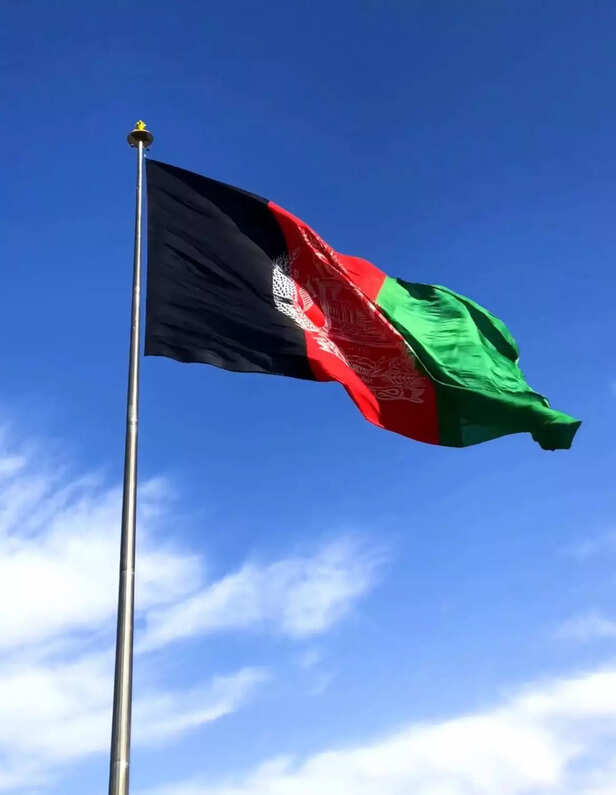
The nations included are Afghanistan, Iran, Iraq, Libya, Nigeria, Pakistan, Somalia, Sudan, Syria, Venezuela, Yemen, and North Korea. The nations were selected, Trump said, due to their inadequate security screening procedures, persistent threats to U.S. citizens, and what he called a total failure to cooperate with U.S. intelligence agencies. Observers note a recognizable pattern. Several of the listed countries are Muslim-majority or were targeted in Trump’s first-term travel bans. The new proclamation is similar in many ways to the Executive Order 13769—infamously known as the Muslim Ban—released just days after he took office in 2017. Trump maintains this is different. "This is not about religion. It's about risk," he said at a press briefing. "These are failed states, hostile regimes, or terrorist breeding grounds. Our obligation is to protect Americans first."
Political Timing or Policy Necessity
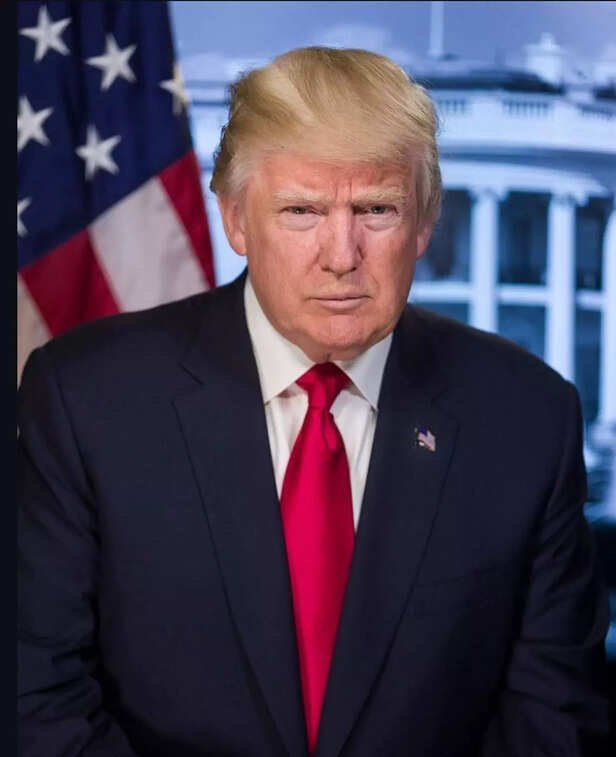
The timing of the ban cannot be missed. With the 2024 presidential election behind him and his government back in power amid polarized public opinion, Trump seems to be doubling down on the policies that initially defined his brand: hard borders, unapologetic nationalism, and a combative approach toward what he repeatedly refers to as global chaos. Analysts argue that this is as much a political message as it is a policy choice. "Trump is saying to his base: 'I'm still the guy who'll keep you safe, no matter what the media or liberals say,'" said Brookings Institution senior fellow Maria Devlin. "But that doesn't imply the ban won't have very real consequences."
Human Cost and Legal Battles Ahead
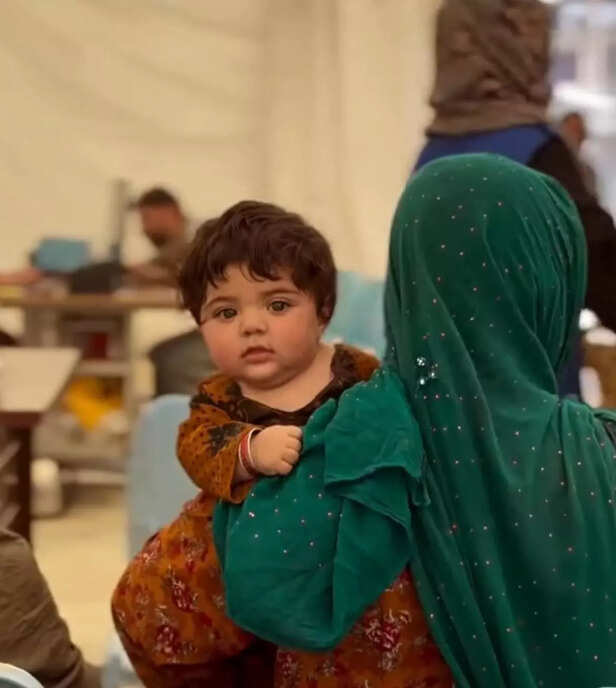
Among the strongest criticisms is the humanitarian fallout. Separated families, stranded students, and workers suddenly unable to renew visas are all anticipated ripple effects. Civil rights groups, such as the ACLU, have already filed lawsuits, arguing the ban is illegal and unconstitutional. They claim it discriminates based on national origin and disrupts lives without presenting transparent evidence. “I was accepted into a U.S. medical program after years of work,” said Amir, a 26-year-old doctor from Tehran. “Now, overnight, I’m told I’m a security threat. What changed—me or politics?” Religious communities and immigration advocates are also organizing against what they see as an abuse of executive power. In Washington D.C., demonstrations broke out in front of the White House within hours of the news, with protesters chanting "No Ban, No Wall, No Fascist USA."
Diplomatic Fallout
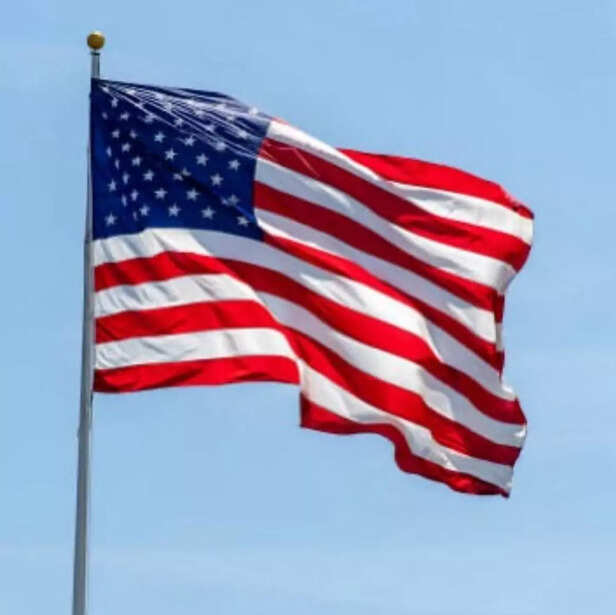
Not surprisingly, some of the impacted nations have reacted with indignation. The Foreign Ministry of Iran released a strongly worded statement denouncing the move as an act of hostility veiled in bureaucratic jargon. Venezuela and Nigeria both threatened retaliatory restrictions on American citizens. Pakistan's ambassador to the United States described the action as counterproductive to regional peace and cooperation. International allies are treading carefully. European leaders, while not directly affected, have expressed concern over the unilateral nature of the decision and its potential to stoke instability. "This kind of blanket policy risks damaging America’s credibility as a global partner," said German Chancellor Marta Schulz. "Security must be balanced with diplomacy."
A Return to Trump-Era Doctrine?

For most analysts, the prohibition is symptomatic of a broader resurgence of the America First philosophy—characterized by distrust of multilateralism, assertive border control, and a preference for executive action over international collaboration. In his announcement speech, Trump said, "The era of open borders and blind trust is over. We will no longer pay the price for other nations' failures." It’s a message that resonates with a large portion of the U.S. electorate especially in swing states still wrestling with post-pandemic anxiety, increased migration along the southern border, and fears of terrorism. But whether this strategy genuinely improves national security is widely debated.
What Comes Next?
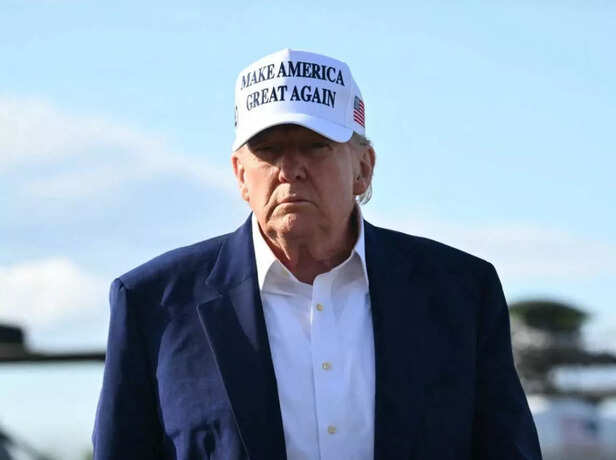
Legal battles are inevitable. Several judges who previously ruled against the 2017 travel ban are expected to revisit similar constitutional issues, particularly regarding religious bias, executive overreach, and procedural fairness. Congress is also stepping in. While most Republican lawmakers have expressed support for the ban, calling it a necessary move, Democrats have labeled it a fear-driven policy cloaked as strategy. Senate Majority Leader Laura Mendoza has announced upcoming hearings and called on the State Department to clarify how the ban will be implemented, reviewed, and potentially revised. Meanwhile, immigration attorneys are overwhelmed, embassies are seeking urgent clarification, and countless individuals remain in limbo.
Last Thoughts
Whether one sees it as a deliberate national security measure or a bold political gesture, Trump’s 12-nation travel ban has once again exposed the deep divisions in American society over safety, sovereignty, and who gets to define the rules of entry. This is not just about who enters the United States. It’s about who decides and what it costs.
Unlock insightful tips and inspiration on personal growth, productivity, and well-being. Stay motivated and updated with the latest at My Life XP.
The List and the Logic

Picture credit : Instagram
The nations included are Afghanistan, Iran, Iraq, Libya, Nigeria, Pakistan, Somalia, Sudan, Syria, Venezuela, Yemen, and North Korea. The nations were selected, Trump said, due to their inadequate security screening procedures, persistent threats to U.S. citizens, and what he called a total failure to cooperate with U.S. intelligence agencies. Observers note a recognizable pattern. Several of the listed countries are Muslim-majority or were targeted in Trump’s first-term travel bans. The new proclamation is similar in many ways to the Executive Order 13769—infamously known as the Muslim Ban—released just days after he took office in 2017. Trump maintains this is different. "This is not about religion. It's about risk," he said at a press briefing. "These are failed states, hostile regimes, or terrorist breeding grounds. Our obligation is to protect Americans first."
Political Timing or Policy Necessity

Picture credit : Instagram
The timing of the ban cannot be missed. With the 2024 presidential election behind him and his government back in power amid polarized public opinion, Trump seems to be doubling down on the policies that initially defined his brand: hard borders, unapologetic nationalism, and a combative approach toward what he repeatedly refers to as global chaos. Analysts argue that this is as much a political message as it is a policy choice. "Trump is saying to his base: 'I'm still the guy who'll keep you safe, no matter what the media or liberals say,'" said Brookings Institution senior fellow Maria Devlin. "But that doesn't imply the ban won't have very real consequences."
Human Cost and Legal Battles Ahead

Picture credit : Instagram
Among the strongest criticisms is the humanitarian fallout. Separated families, stranded students, and workers suddenly unable to renew visas are all anticipated ripple effects. Civil rights groups, such as the ACLU, have already filed lawsuits, arguing the ban is illegal and unconstitutional. They claim it discriminates based on national origin and disrupts lives without presenting transparent evidence. “I was accepted into a U.S. medical program after years of work,” said Amir, a 26-year-old doctor from Tehran. “Now, overnight, I’m told I’m a security threat. What changed—me or politics?” Religious communities and immigration advocates are also organizing against what they see as an abuse of executive power. In Washington D.C., demonstrations broke out in front of the White House within hours of the news, with protesters chanting "No Ban, No Wall, No Fascist USA."
Diplomatic Fallout

Picture credit : Instagram
Not surprisingly, some of the impacted nations have reacted with indignation. The Foreign Ministry of Iran released a strongly worded statement denouncing the move as an act of hostility veiled in bureaucratic jargon. Venezuela and Nigeria both threatened retaliatory restrictions on American citizens. Pakistan's ambassador to the United States described the action as counterproductive to regional peace and cooperation. International allies are treading carefully. European leaders, while not directly affected, have expressed concern over the unilateral nature of the decision and its potential to stoke instability. "This kind of blanket policy risks damaging America’s credibility as a global partner," said German Chancellor Marta Schulz. "Security must be balanced with diplomacy."
A Return to Trump-Era Doctrine?

Picture credit : Instagram
For most analysts, the prohibition is symptomatic of a broader resurgence of the America First philosophy—characterized by distrust of multilateralism, assertive border control, and a preference for executive action over international collaboration. In his announcement speech, Trump said, "The era of open borders and blind trust is over. We will no longer pay the price for other nations' failures." It’s a message that resonates with a large portion of the U.S. electorate especially in swing states still wrestling with post-pandemic anxiety, increased migration along the southern border, and fears of terrorism. But whether this strategy genuinely improves national security is widely debated.
What Comes Next?

Picture credit : Instagram
Legal battles are inevitable. Several judges who previously ruled against the 2017 travel ban are expected to revisit similar constitutional issues, particularly regarding religious bias, executive overreach, and procedural fairness. Congress is also stepping in. While most Republican lawmakers have expressed support for the ban, calling it a necessary move, Democrats have labeled it a fear-driven policy cloaked as strategy. Senate Majority Leader Laura Mendoza has announced upcoming hearings and called on the State Department to clarify how the ban will be implemented, reviewed, and potentially revised. Meanwhile, immigration attorneys are overwhelmed, embassies are seeking urgent clarification, and countless individuals remain in limbo.
Last Thoughts
Whether one sees it as a deliberate national security measure or a bold political gesture, Trump’s 12-nation travel ban has once again exposed the deep divisions in American society over safety, sovereignty, and who gets to define the rules of entry. This is not just about who enters the United States. It’s about who decides and what it costs.
Unlock insightful tips and inspiration on personal growth, productivity, and well-being. Stay motivated and updated with the latest at My Life XP.
Frequently Asked Questions (FAQs)
- Which countries are affected by Trump’s 2025 travel ban?The ban targets 12 nations including Iran, Pakistan, Nigeria, Venezuela, North Korea, and others.
- Why did Trump issue the new travel ban?Trump cited national security concerns and inadequate vetting processes in the affected countries.
- Is the 2025 travel ban permanent?The proclamation states the ban will be reviewed periodically but does not set a clear end date.










